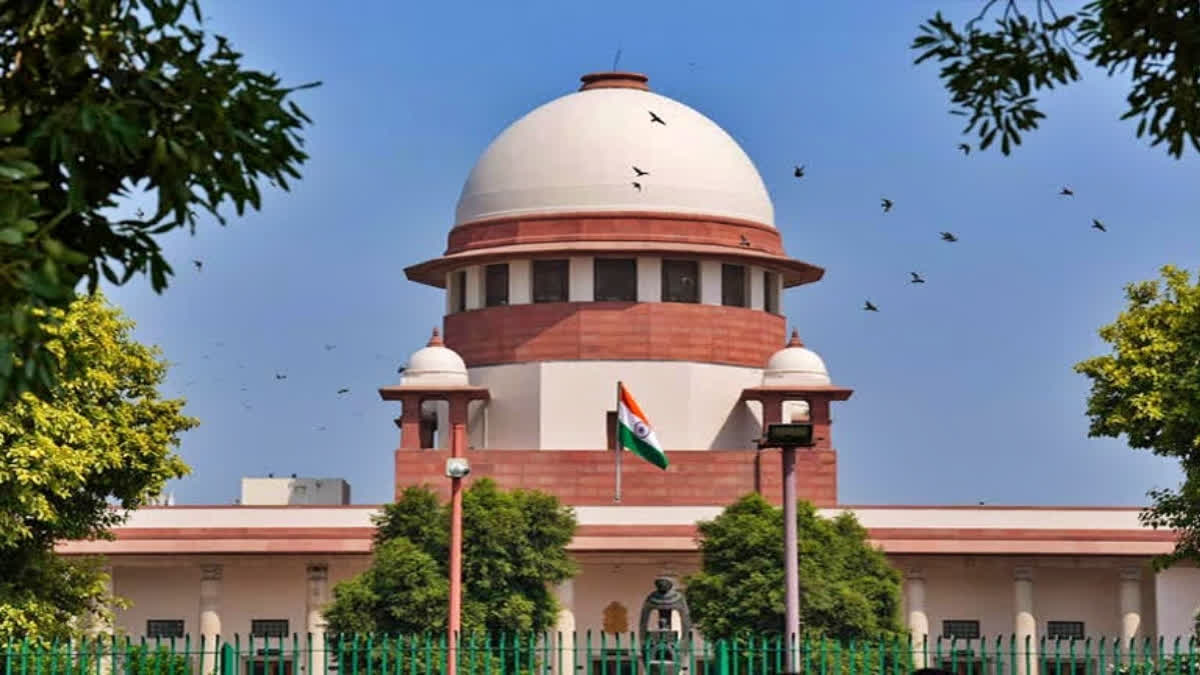New Delhi: The Supreme Court (SC) has said that a "school transfer certificate and extracts of the admission register" cannot be relied upon, instead the result of the ossification or bone test would be more authentic evidence to determine a victim’s age in POCSO cases while acquitting an accused convicted under the POCSO Act and sentenced to 10 years of rigorous imprisonment.
A bench comprising Justices S. Ravindra Bhat and Aravind Kumar said the documents produced, i.e., a transfer certificate and extracts of the admission register, are not what Section 94 (2) (i) of Juvenile Justice (JJ) Act mandates; nor are they in accord with Section 94 (2) (ii) because a witness clearly deposed that there were no records relating to the birth of the victim. The apex court delivered the judgment on Tuesday, July 18.
Also read:SC Collegium recommends elevation of four advocates as judges to three HCs
The bench observed that in these circumstances, the only piece of evidence, accorded with Section 94 of the JJ Act was the medical ossification test, where a doctor opined that the victim was between 18-20 years. "Given all these circumstances, this court is of the opinion that the result of the ossification or bone test was the most authentic evidence, corroborated by the examining doctor," said the bench.
The bench noted that in her statement under Section 164 of the Cr. PC, the victim had deposed that she was in love with the appellant, had consumed poison, and had even been hospitalized because she was adamant to live with the appellant. "In view of these facts, this court is of the opinion that the prosecution was not able to establish that there was any penetrative sexual assault as a result of coercion or compulsion on the part of the appellant," noted the bench.
